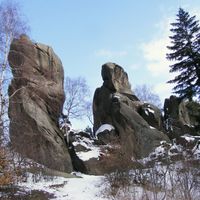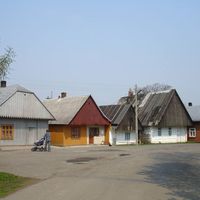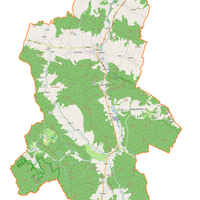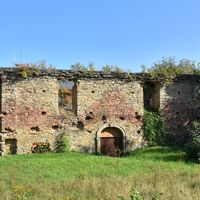Krosno County
7.41
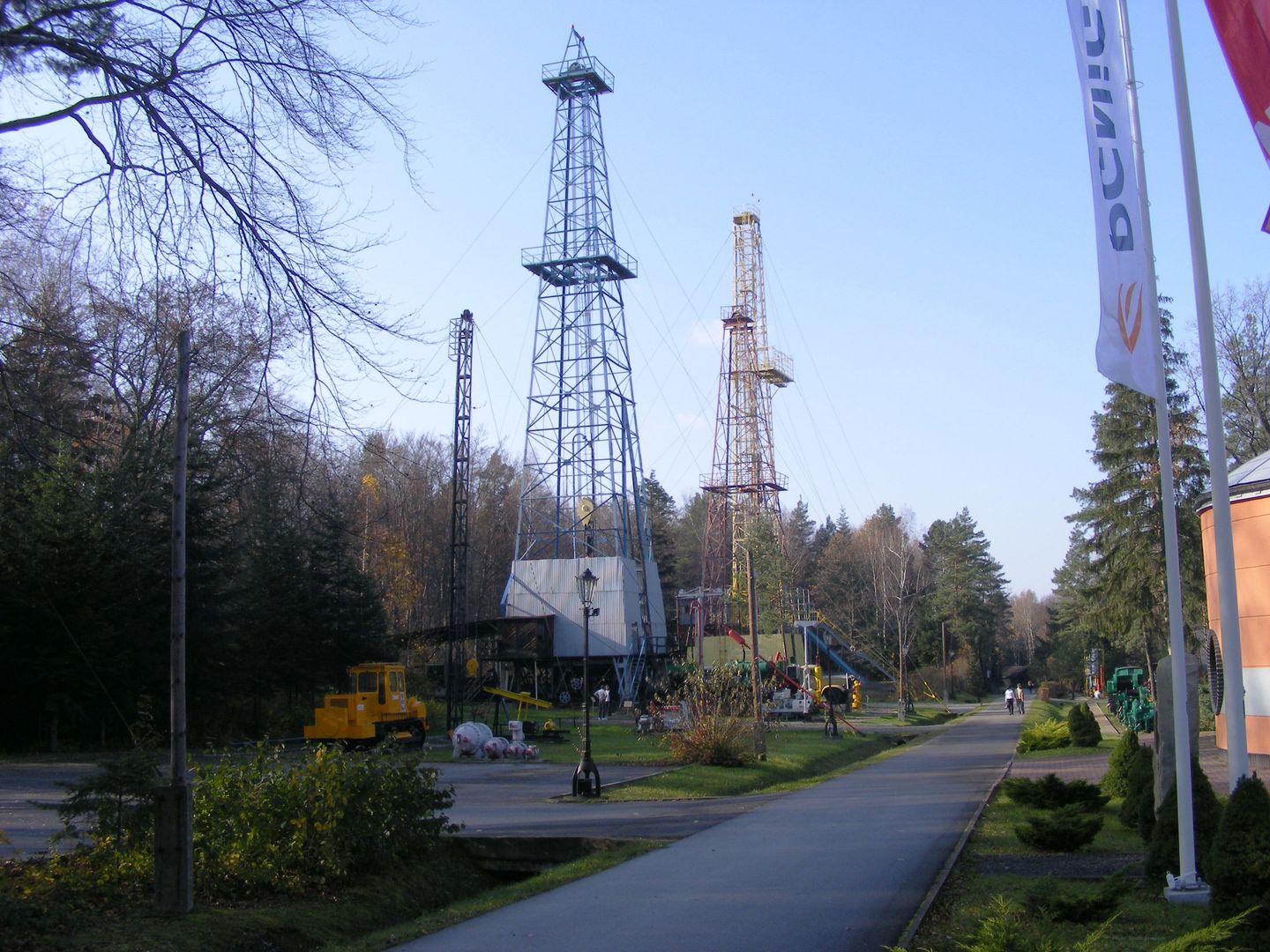
Overview
The Krosno County, established in 1999 within the Podkarpackie Voivodeship, has its seat in Krosno, which is a separate city with county rights. The area of the county, inhabited by just over 112,000 people, is located in a region of diverse topography, encompassing the Carpathian Foothills, the Bieszczady Mountains, and the Jasło-Krosno Basin. The climate of the county is moderately warm, with noticeable temperature variations depending on the terrain. This region has a rich history dating back to the Paleolithic era, with numerous traces of settlement and cultural influences from the colonization by Małopolska and Vlachs. Historical settlement development was particularly intense during the reign of Casimir the Great, when towns such as Dukla and Jaśliska were granted town rights. The county is characterized by a rich architectural heritage, including numerous churches, Orthodox churches, and historic palace complexes, such as in Dukla. A significant aspect of the region's history is the development of the oil industry, initiated by Ignacy Łukasiewicz in 1854 in Bóbrka, where the world's first oil mine was established. This area was also the site of strategic military operations during both World Wars, and traces of these events can be found in the form of war cemeteries and memorials. Krosno County consists of urban municipalities, such as Dukla and Iwonicz-Zdrój, and rural municipalities, including Chorkówka and Miejsce Piastowe. Over the years, the county has had various starosts, including Jan Juszczak and Zbigniew Braja. Krosno County is a fascinating blend of history, culture, and natural beauty, attracting tourists and researchers from various fields.
Location
2026 Wizytor | All Rights Reserved



